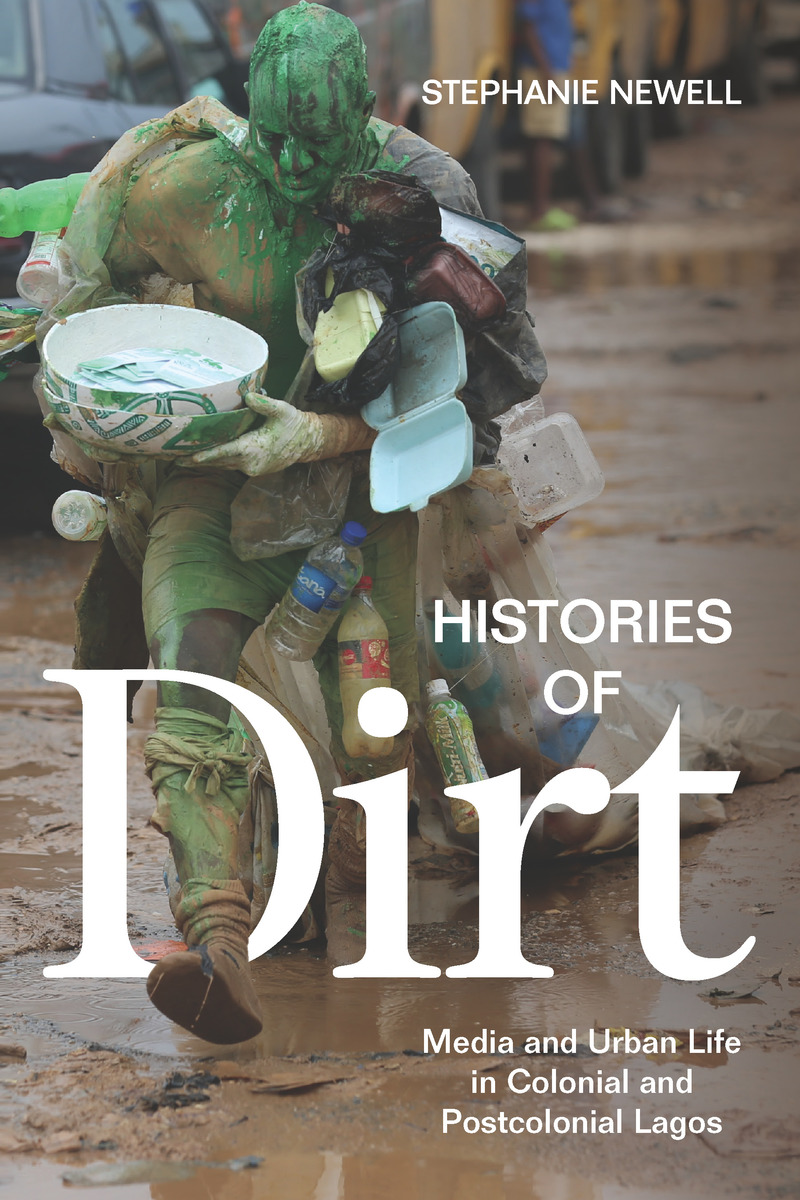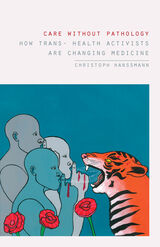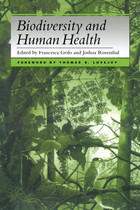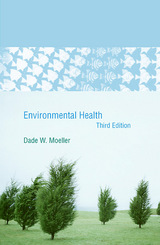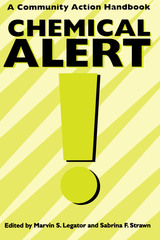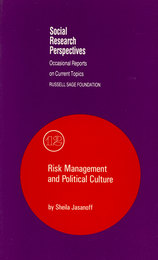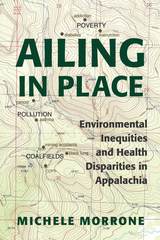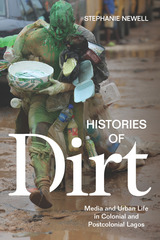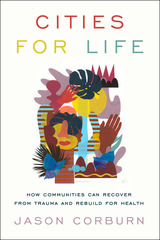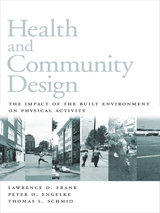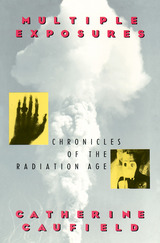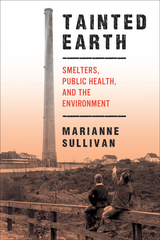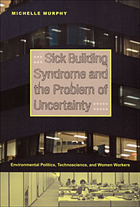Histories of Dirt: Media and Urban Life in Colonial and Postcolonial Lagos
Duke University Press, 2020
Paper: 978-1-4780-0643-5 | Cloth: 978-1-4780-0539-1 | eISBN: 978-1-4780-0706-7
Library of Congress Classification RA566.5.N6N494 2020
See other books on: Environmental health | Histories | Media | Nigeria | Public health
See other titles from Duke University Press
Paper: 978-1-4780-0643-5 | Cloth: 978-1-4780-0539-1 | eISBN: 978-1-4780-0706-7
Library of Congress Classification RA566.5.N6N494 2020
ABOUT THIS BOOK | AUTHOR BIOGRAPHY | REVIEWS | TOC | REQUEST ACCESSIBLE FILE
ABOUT THIS BOOK
In Histories of Dirt Stephanie Newell traces the ways in which urban spaces and urban dwellers come to be regarded as dirty, as exemplified in colonial and postcolonial Lagos. Newell conceives dirt as an interpretive category that facilitates moral, sanitary, economic, and aesthetic evaluations of other cultures under the rubric of uncleanliness. She examines a number of texts ranging from newspaper articles by elite Lagosians to colonial travel writing, public health films, and urban planning to show how understandings of dirt came to structure colonial governance. Seeing Lagosians as sources of contagion and dirt, British colonizers used racist ideologies and discourses of dirt to justify racial segregation and public health policies. Newell also explores possibilities for non-Eurocentric methods for identifying African urbanites’ own values and opinions by foregrounding the voices of contemporary Lagosians through interviews and focus groups in which their responses to public health issues reflect local aesthetic tastes and values. In excavating the shifting role of dirt in structuring social and political life in Lagos, Newell provides new understandings of colonial and postcolonial urban history in West Africa.
See other books on: Environmental health | Histories | Media | Nigeria | Public health
See other titles from Duke University Press
